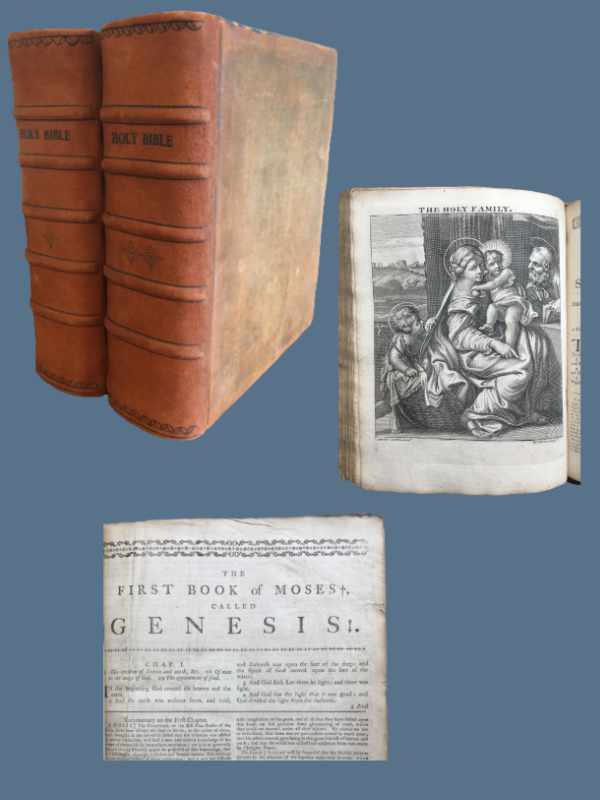- Very Rare Apocrypha Iiirejected Scriptures Fulfilled
- Very Rare Apocrypha Iiirejected Scriptures Study

- The Apocrypha is not Scripture - by Dr. Matthew McMahon Apologetics - A Reasoned Defense of the Christian Faith Today, many Christians are turning back to the puritans to, “walk in the old paths,” of God’s word, and to continue to proclaim old truth that glorifies Jesus Christ.
- Reason #1: The Jews never accepted the Apocrypha as Scripture or considered it on par with other Old Testament canonical books. This first point cannot be overstated. The Jews themselves did not accept the Apocrypha as Scripture.This is very significant, especially considering that Paul tells us the Jews were “entrusted with the oracles of God” (Rom.
- Very Rare Apocrypha II Very Rare Apocrypha III Apocryphal New Testament Legends Magical Texts THE BOOK OF THE BEE THE BOOK OF ROLLS Gnostic Scriptures. The Scriptures of the Old and New Testaments. The secular tribunals should not be competent to resolve purely religious matters, nor to sentence whosoever does not believe what the majority.
- APOCRYPHA (̓Απόκρυφος, hidden).Applied technically to the relationship of certain books to the Heb. In general it constitutes the excess of the LXX over the Heb. Scriptures, with the material concerned being written during the last two centuries b.c. And the 1st cent.

Q: Why aren’t the books of the Apocrypha found in our Bible?”
A: In history there are a number of writings which came under the designation “apocrypha” (Greek word meaning “hidden”), but in popular usage this refers to the 14 books found in Roman Catholic editions of the Bible, yet not included in Protestant editions. Martin Luther’s German translation did include these books in between the Old Testament and the New Testament, with this important note: “Apocrypha: These books are not held equal to the Sacred Scriptures, and yet are useful and good for reading.” Due to a movement in England in the nineteenth century, I these “informative but not verbally inspired” books were excluded from English versions, although the RSV had included it in certain editions. It was felt that I there would be too much confusion between these writings (whose authorship was unknown and/or spurious) and the 66 books of Scripture itself.
It is interesting to observe that it was not until 1546, shortly after the death of Luther, that the Roman Catholic Church accepted the Apocrypha as part of God’s holy and inspired Word. This was because support was found in these books for the Roman doctrines of purgatory and saint worship—teachings opposed by the Lutheran Reformers. Ironically, St. Jerome, the one whom Rome highly reveres for producing his Latin translation of the Bible (the Vulgate), did not himself accept any of the apocryphal books.
One ought to recognize that there were writings of various kinds floating around in the time of the early Christian church. Besides the Apocrypha, there were spurious documents often referred to as “pseudo-pigrapha,” and then there were also the writings of the Apostolic Fathers—significant Christian writers in the period immediately following the New Testament. Serious questions about authorship, content, and authenticity kept all these writings from being included in what we today know of as the listing of the sacred writings of Scripture. In II Thessalonians 2:1-3 the Apostle Paul warned his readers against spurious documents: “Concerning the coming of our Lord Jesus Christ and our being gathered to Him, we ask you, brothers, not to become easily unsettled and alarmed by some prophecy, report or letter supposed to have come from us, saying that the day of the Lord has already come. Don’t let anyone deceive you in any way.”
Very Rare Apocrypha Iiirejected Scriptures Fulfilled

Very Rare Apocrypha Iiirejected Scriptures Study
The original authors were not stenographers. Except in very rare circumstances, no verse of Scripture in the Old or New Testament claims that the writers were taking dictation in any way. What is Inspiration? We can say with confidence, however, that we do have the gist of the original New Testament writings to a very high degree of accuracy.




